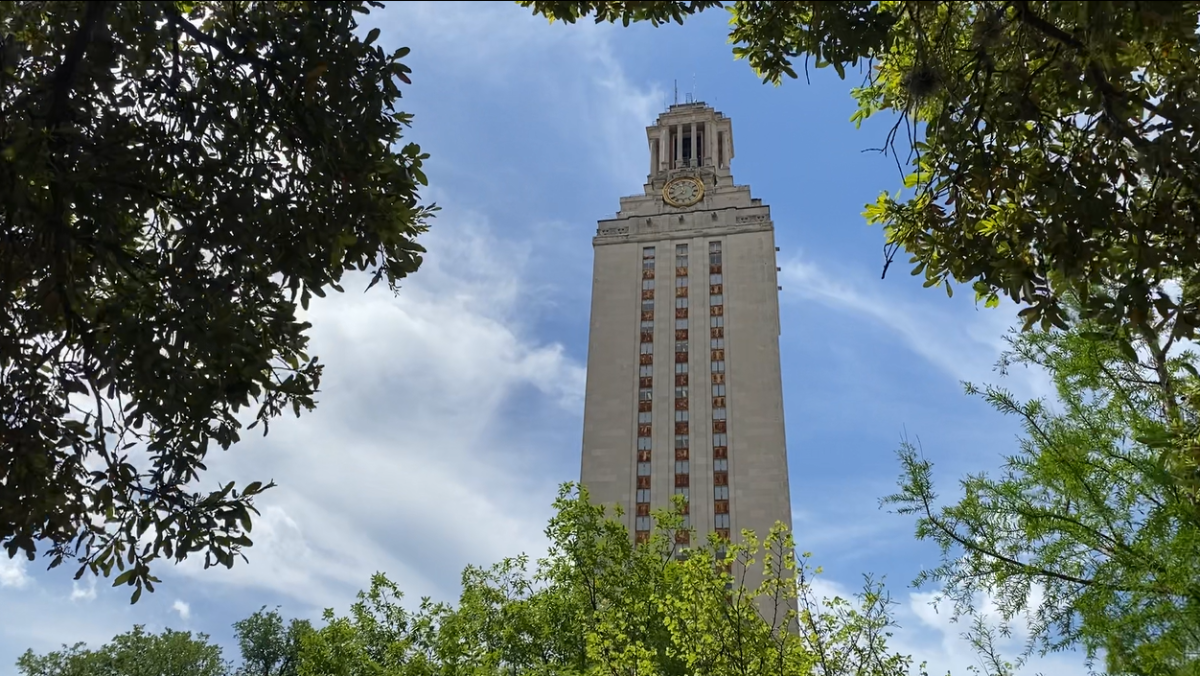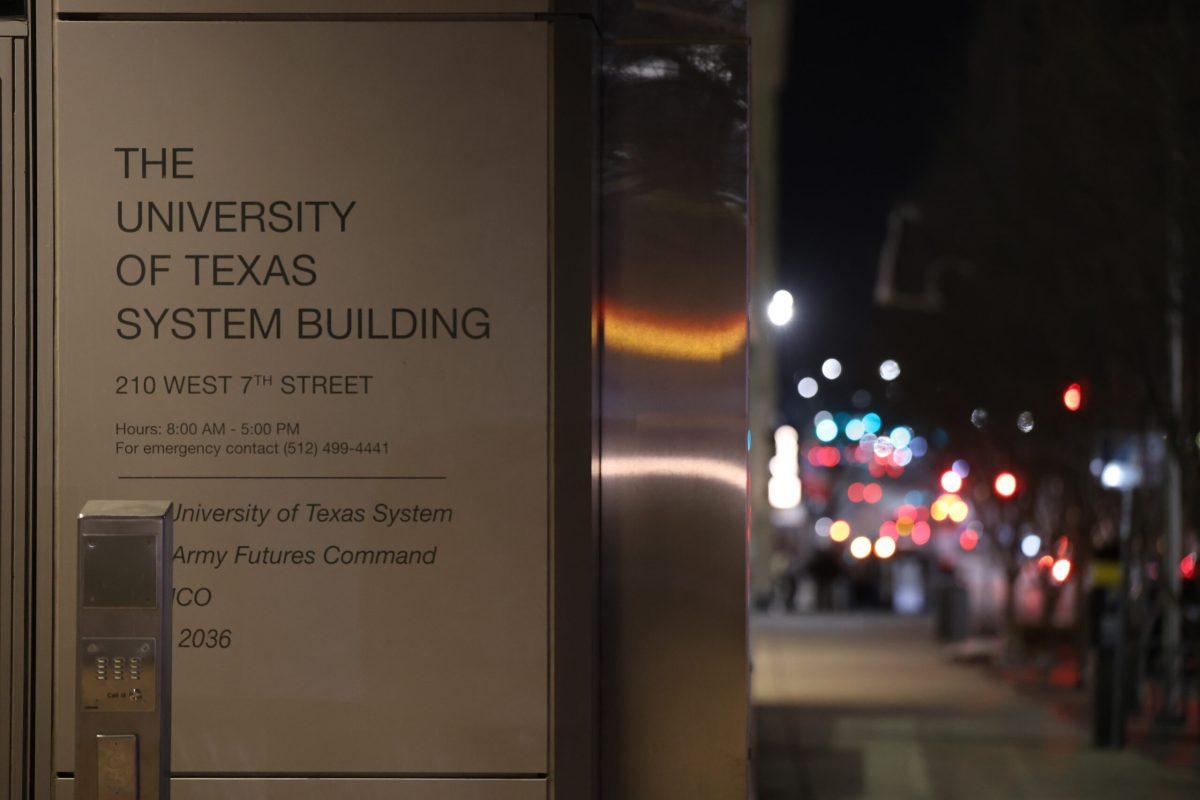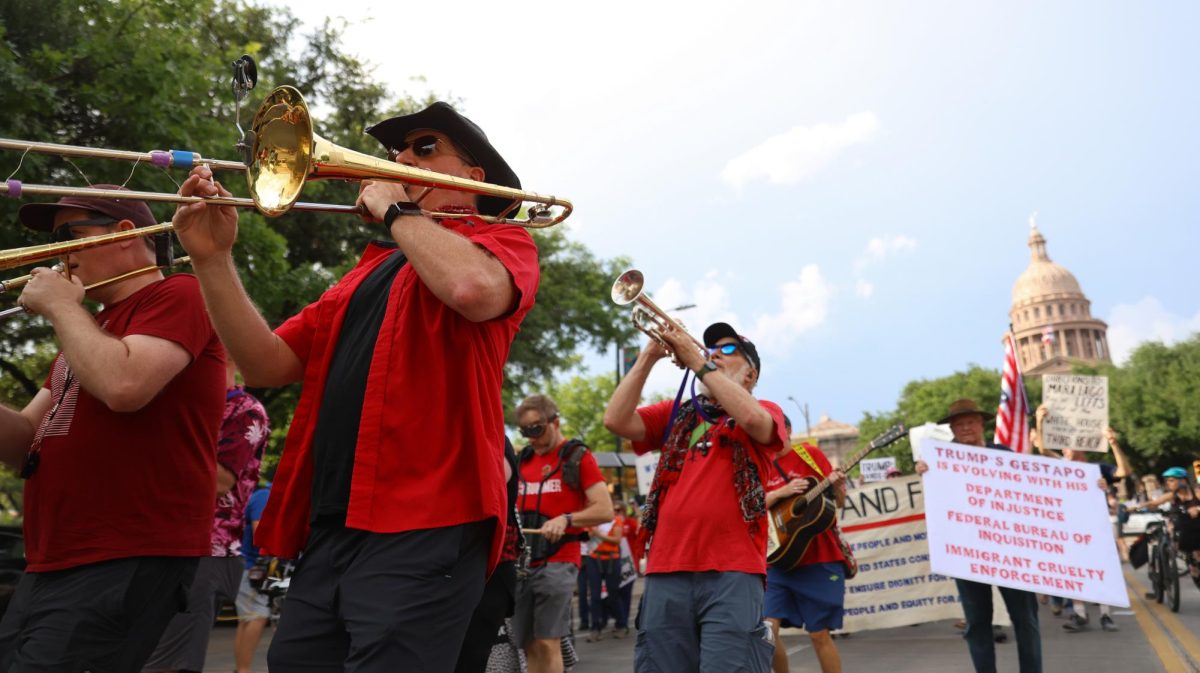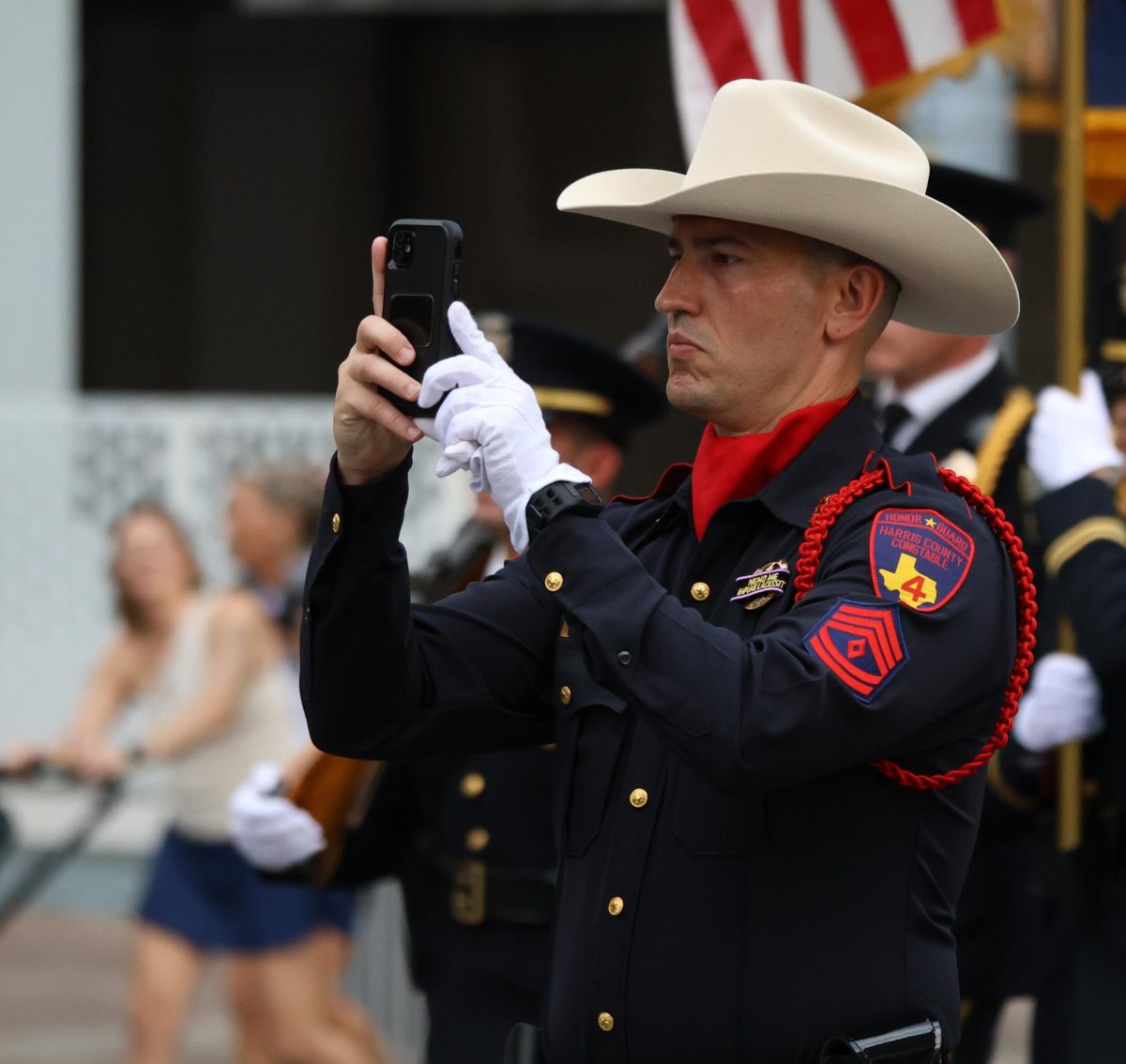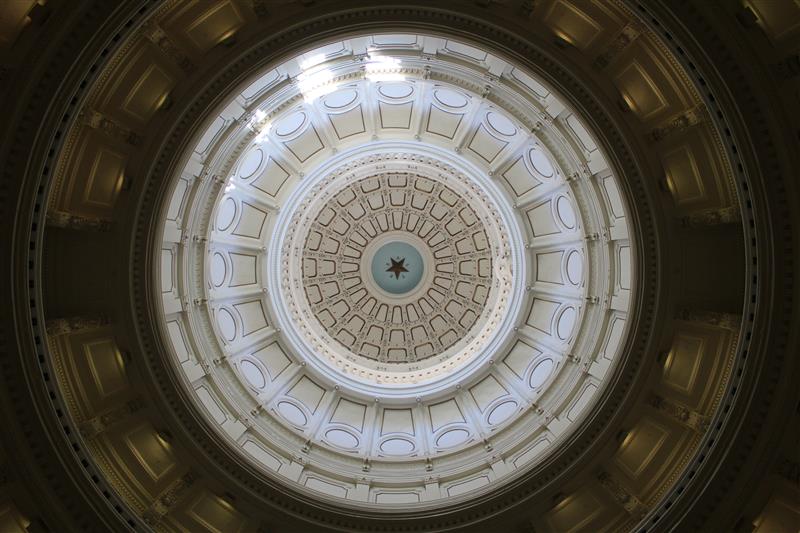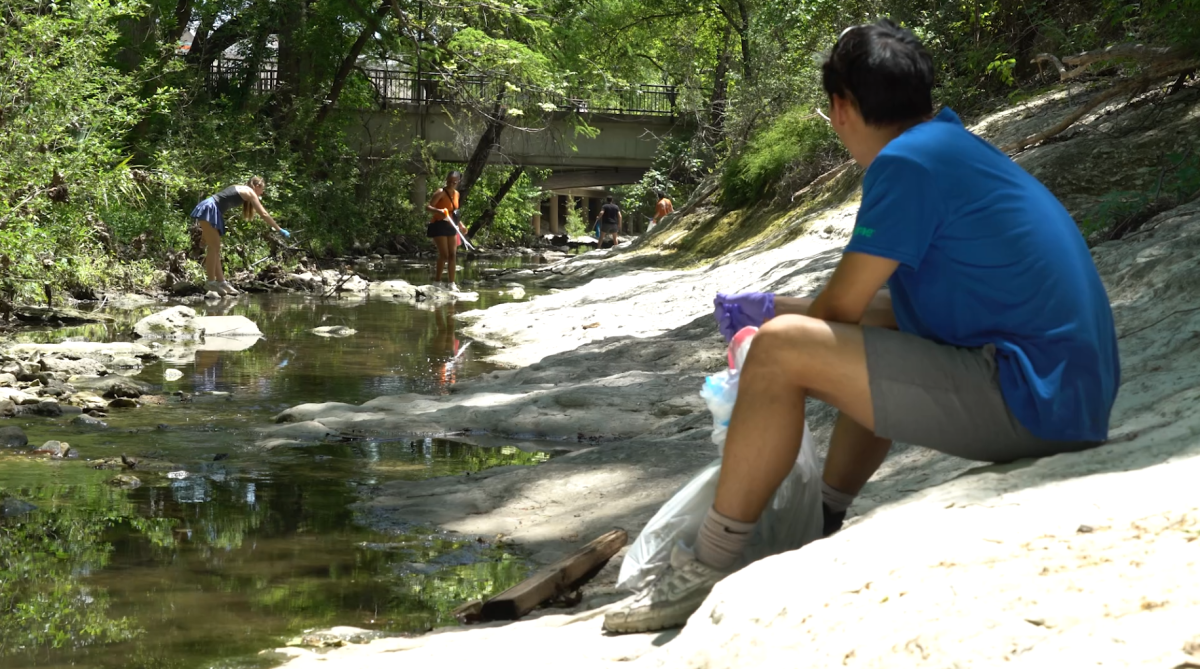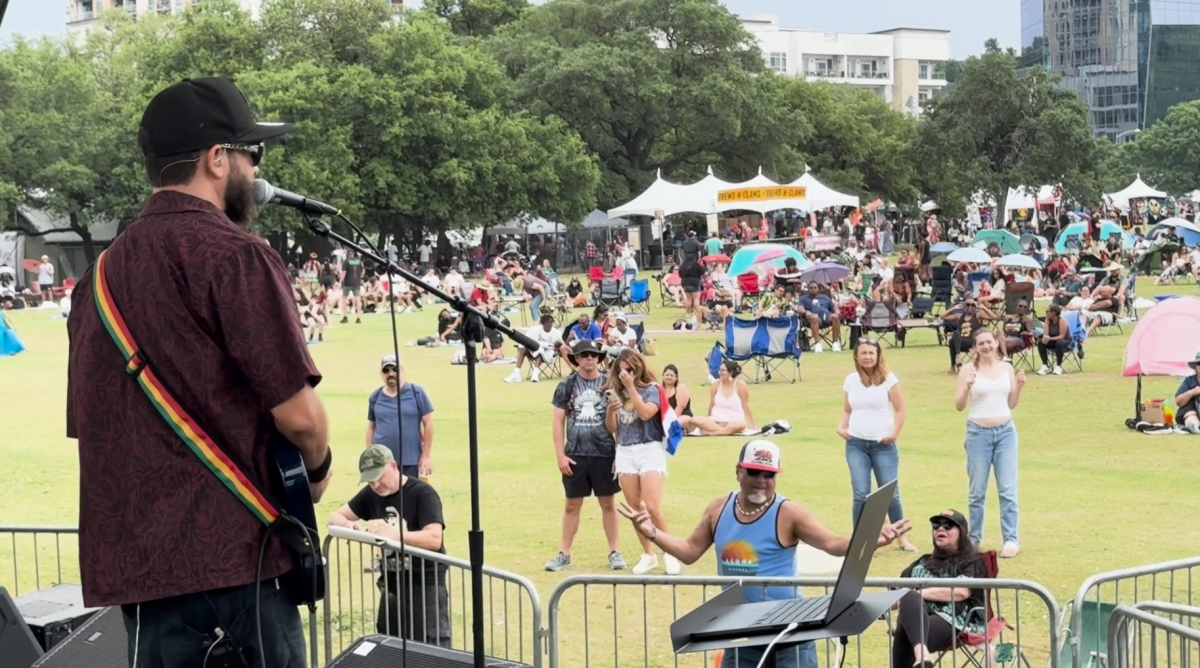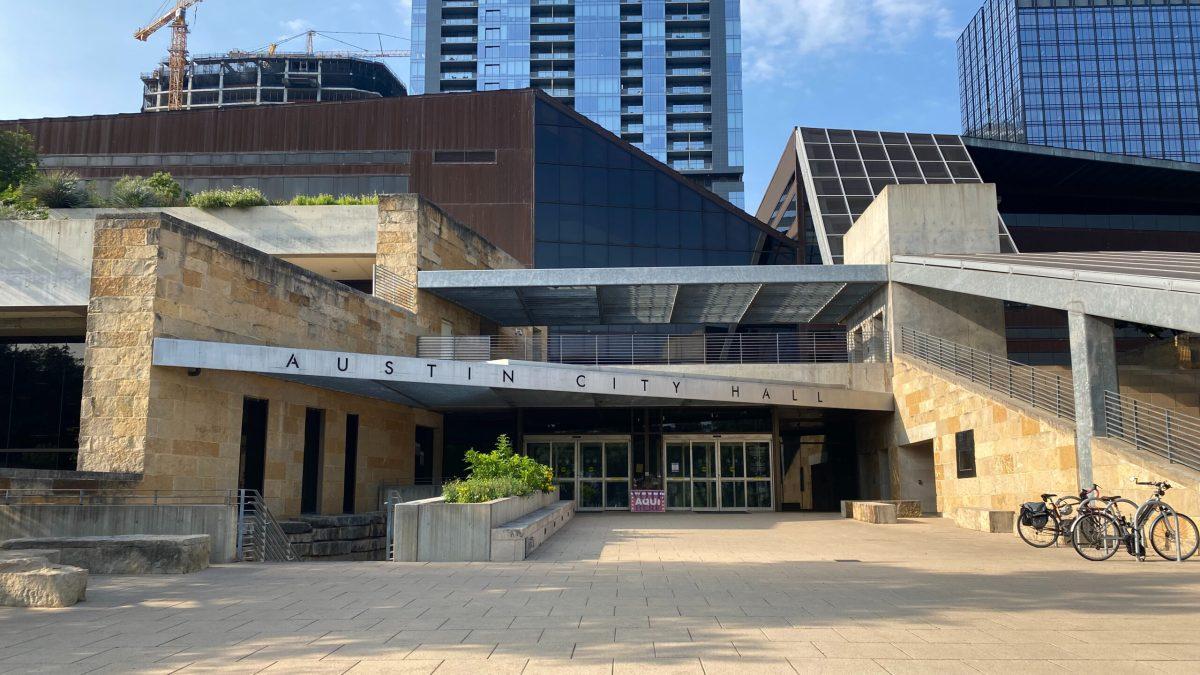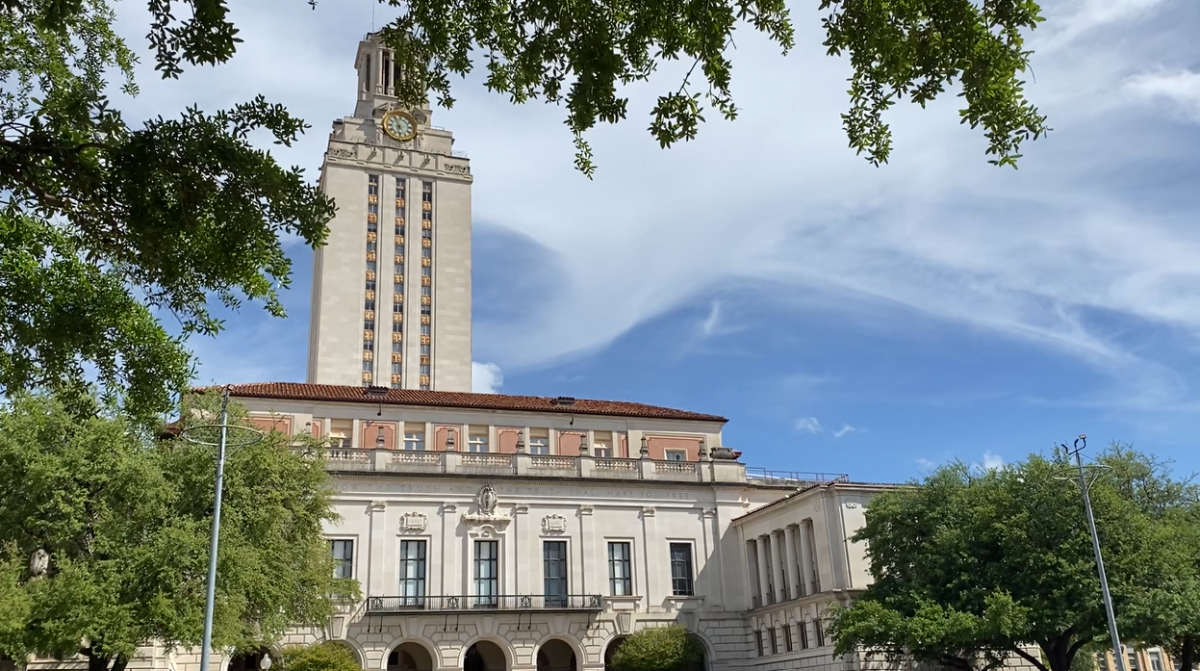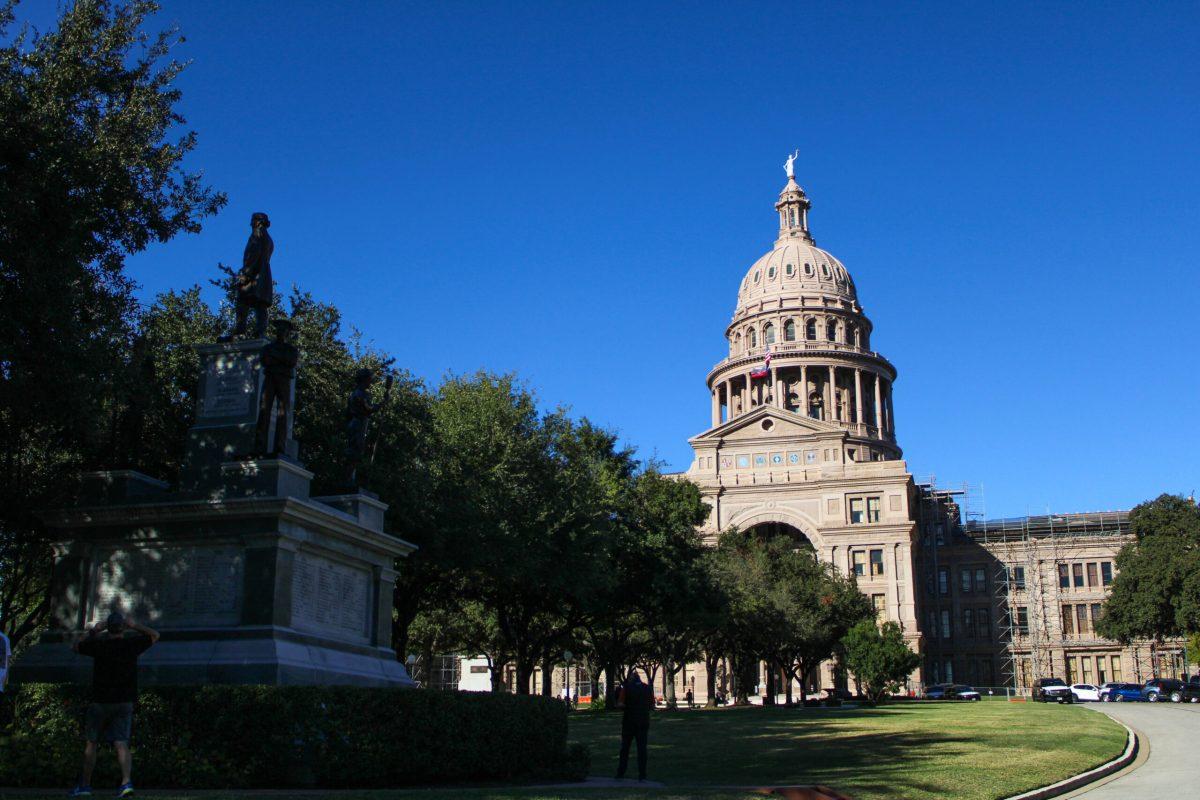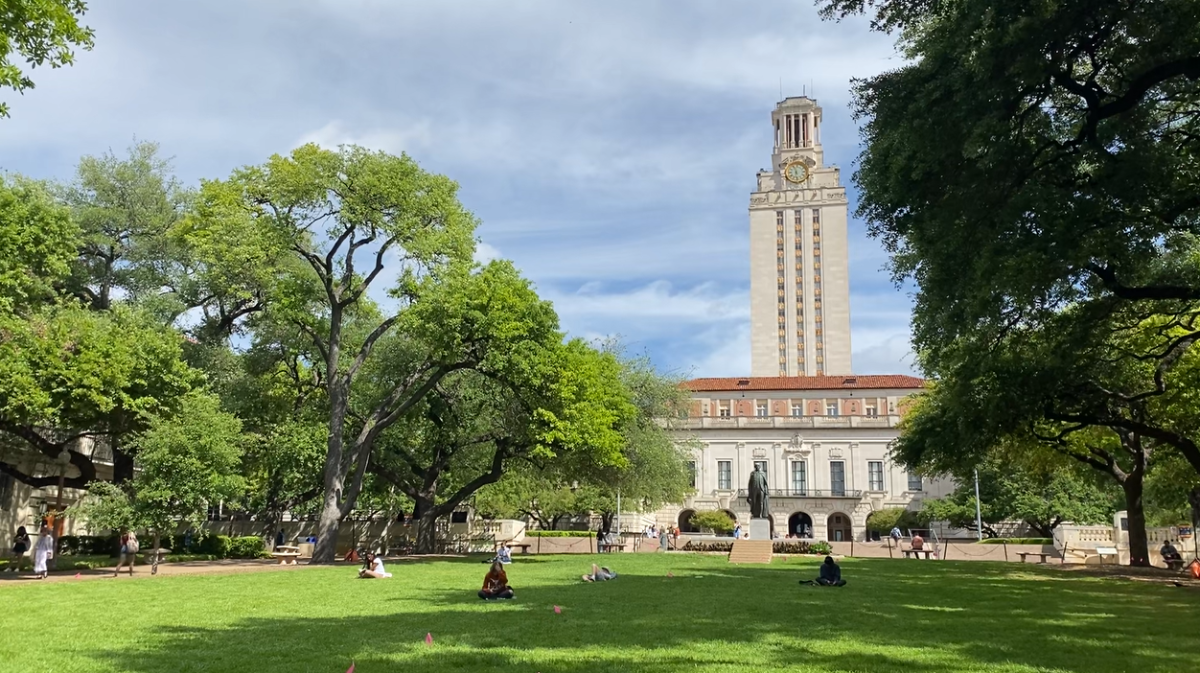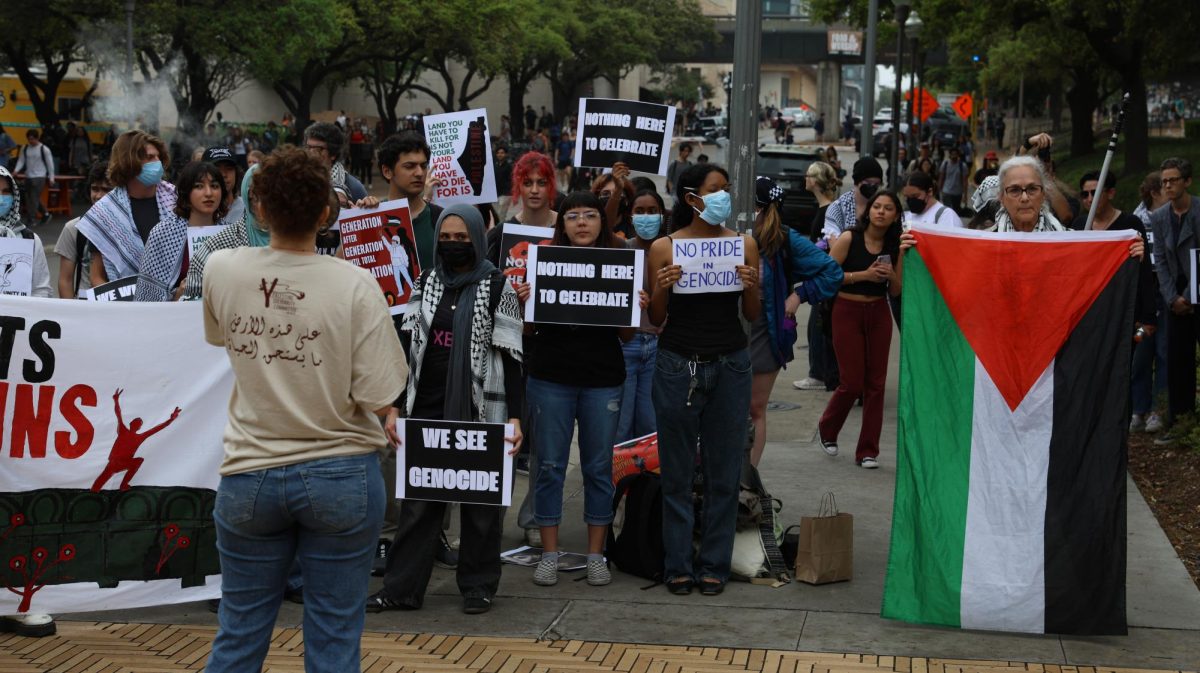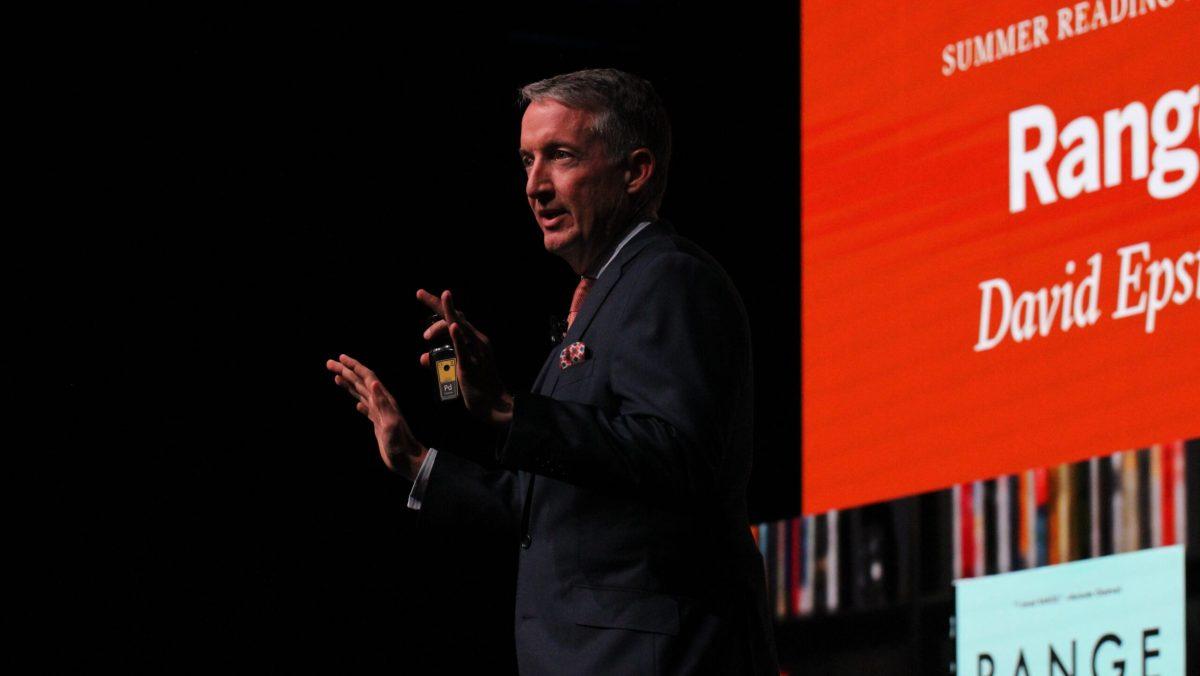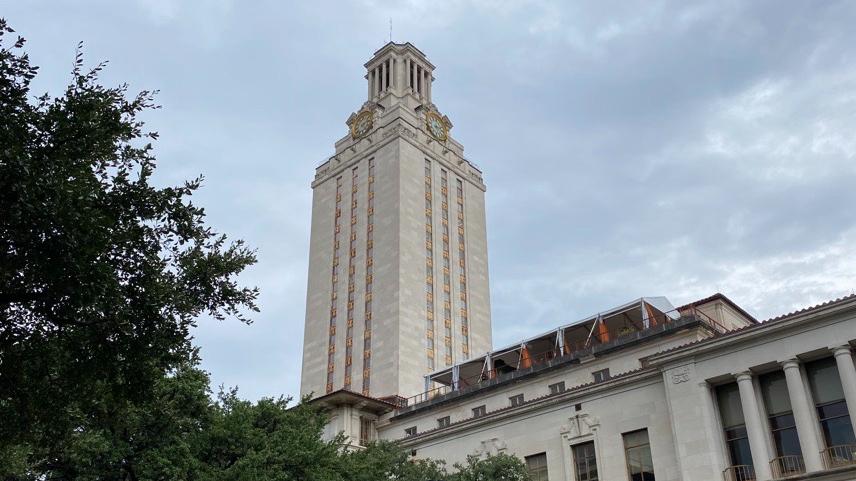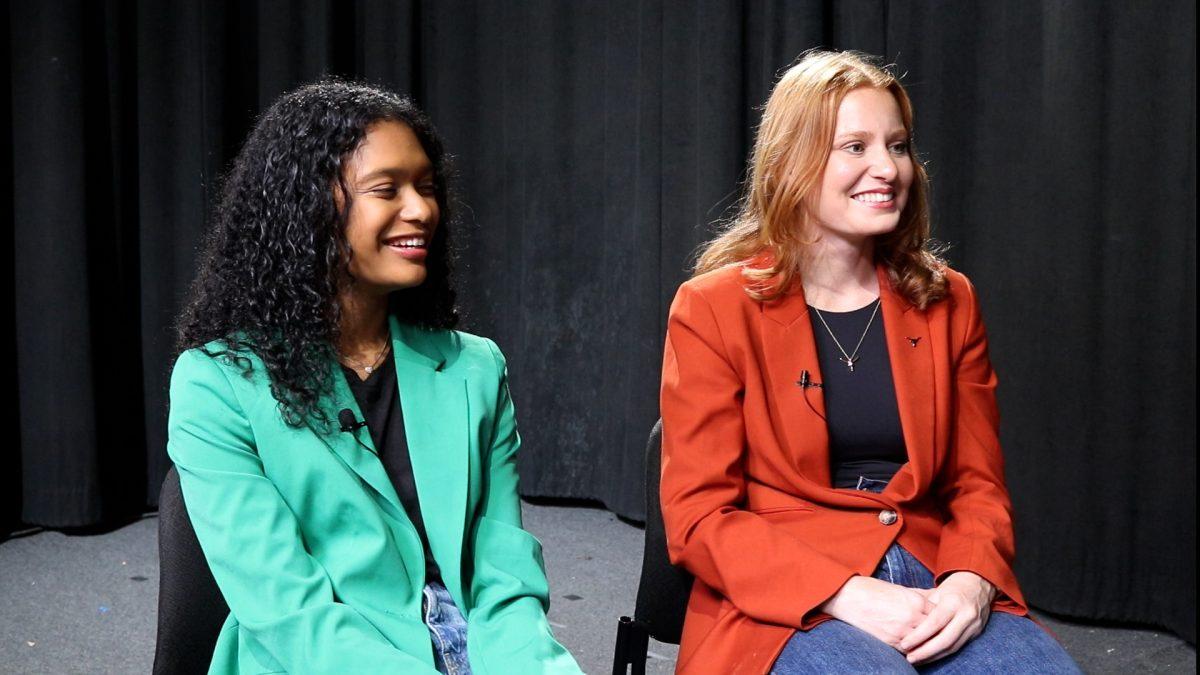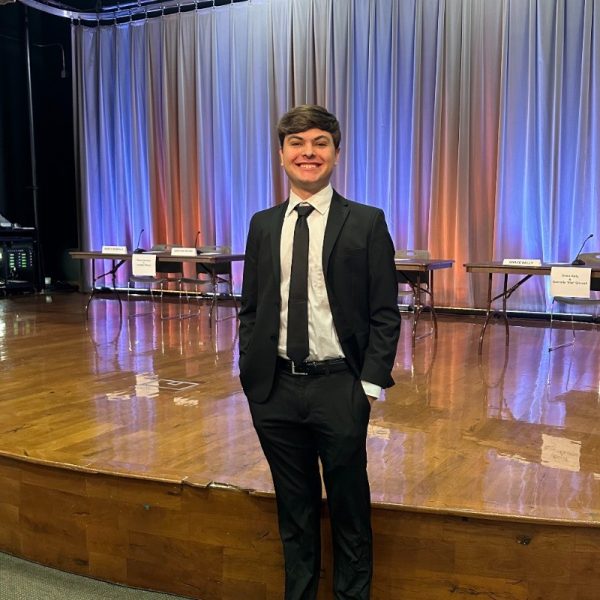Editor’s Note: The Foundation for Individual Rights and Expression advertises with Texas Student Media, which oversees TSTV News and our advertising spaces. TSTV News is not involved in advertising decisions, nor do they affect our coverage.
University spaces are no longer allowed to host drag shows or drag related events, Kevin Eltife, UT System Board of Regents Chairman, announced March 18. The ban comes just over two weeks after the Texas A&M System instituted a similar restriction that has since been blocked by a federal judge.
Both bans at public universities are in response to an executive order issued by President Donald Trump Jan. 20 directing that federal funds not be “used to promote gender ideology.”
A UT System spokesperson said the ban should be implemented through institutions’ “normal procedures for reviewing and approving campus events and the use of campus facilities and grounds.”
“All activities at UT institutions are expected to comply with all … laws and executive orders,” Eltife said in an email statement. “Our public university facilities, supported by taxpayers, will not serve as venues for drag shows. Our institutions will not sponsor them. If the Board of Regents needs to take further action to make this clear, we will do so.”
Eltife’s statement was made less than a week after Tarrant County Judge Tim O’Hare said in a post on X that he sent a letter to the Board of Regents calling for a drag show ban. In the letter, O’Hare pointed to an event held at UT Arlington, which is in Tarrant County, that featured a drag performer. He denounced the art form for “denigrating women,” and pointed to A&M’s ban as a potential template for the UT System to follow.
“The Texas A&M University System recently passed a resolution prohibiting Drag shows on its campuses, citing the executive order,” O’Hare wrote in the letter. “As an alumnus of UT-Austin, I care about the reputation of the UT System. … (With) the Executive Order in mind, I urge the Board of Regents to pass a resolution banning drag shows on UT System campuses.”
A&M’s ban was imposed about a month before Draggieland, an annual drag show at A&M’s flagship College Station campus, was set to be held, as it has been in previous years. In response to the ban, A&M’s Queer Empowerment Council, the student body that organizes the show, sued members of the Texas A&M System Board of Regents for violating their first amendment rights.
Senior District Judge Lee Rosenthal of the U.S. District Court for the Southern District of Texas sided with the council in a decision handed down in Houston Monday. She issued an injunction blocking the ban from taking effect and mandating that Draggieland be permitted to continue as scheduled.
The Council was represented by Adam Steinbaugh, an attorney with the Foundation for Individual Rights and Expression, a non-partisan organization that defends free speech on and around college campuses. Steinbaugh said in an interview with TSTV News that while the Court decision doesn’t directly affect UT’s ban, the system should look to it as a guide considering the two bans’ similarities.
“I would hope that the folks over at UT would take a good long look at this court’s opinion … and rethink what they’re doing,” Steinbaugh said.
Steinbaugh has represented causes across the political spectrum on behalf of FIRE and said that the priority of the organization isn’t what the cause is, but rather students’ right to advocate for it.
“We took this case because what Texas A&M was doing here was saying, ‘we think this planned performance is offensive, and because it’s offensive, we have a right to cancel it,’” Steinbaugh said. “Officials don’t get to say this is offensive or that’s offensive, because those are lines for individual people to draw. … If you think that a drag show is offensive, it’s super easy to avoid a drag show, don’t buy a ticket. You don’t have to go. Nobody’s making you.”
Rosenthal echoed similar sentiments to Steinbaugh in her ruling when describing the options available to those against Drag performances.
“The Texas A&M Queer Empowerment Council … has, for each of the last five years, sponsored a drag show cleverly named “Draggieland” on campus,” Rosenthal wrote. “It is a ticketed event; only those who want to attend do so. Anyone who finds the performance or performers offensive has a simple remedy: don’t go.”
Draggieland has resumed ticket sales and is scheduled to take place Thursday. Despite the decision, UT’s ban currently remains intact.
The UT System did not respond to a request for comment following the ruling. A UT spokesperson and multiple university departments did not respond to repeated requests for comment both before and after the ruling.
“Freedom of speech in the abstract is always popular among politicians and the public,” Steinbaugh said. “Nobody’s against freedom of speech, but censorship is also very popular. There’s a reason that we protect unpopular speech, and that’s because it’s easy for politicians and officials to earn public support by saying, ‘I’m suppressing the speech that none of you like.’ That’s why we protect speech.”
